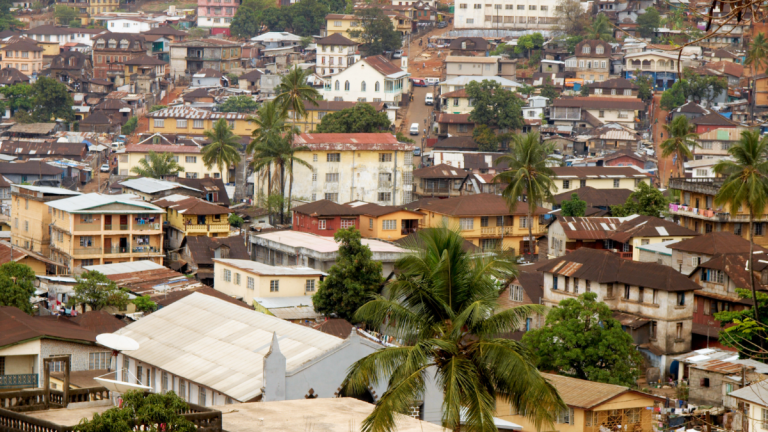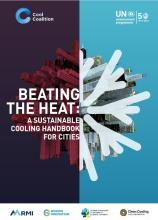Webinar
Webinar on Extreme Urban Heat: Opportunities to Mitigate Risks in Cities
In this webinar, UrbanShift and WRI lead a conversation with cities and experts on effective strategies to cool down urban areas.
Last year was the hottest year on record, and with this year poised to surpass that threshold, extreme heat—one of WRI’s Stories to Watch for 2024— is top of mind across the world. Intensifying heat poses a significant risk to cities by exacerbating and causing health issues, straining infrastructure, and amplifying socio-economic disparities. Urban areas, with their dense populations and extensive concrete surfaces, absorb and retain heat, leading to dangerously high temperatures, an increasingly common phenomenon in cities around the world. Extreme urban heat causes heat-related illnesses, increases mortality rates, and burdens healthcare systems. Additionally, the stress on energy systems from increased air conditioning use can lead to power outages, while transportation and water systems can also be compromised. Vulnerable communities, often lacking resources to cope with extreme heat, suffer disproportionately, underscoring the urgent need for targeted mitigation strategies such as green infrastructure, improved building designs, and community-based resilience programs.
Co-organized by UrbanShift, WRI Ross Center’s Urban Development team, the UNEP Cities Unit and the UNEP-led Cool Coalition, this webinar built on UrbanShift’s “Urban Cooling” webinar, hosted in August 2023. Presenters briefed attendees on how to use geospatial data and analysis to think about urban heat hazards, to measure the impact of heat risks in cities, and to test the cooling potential of interventions. Representatives from expert organizations like the Adrienne Arsht-Rockefeller Foundation Resilience Center (Arsht-Rock), and experts from Cape Town and Medellin discussed the various innovative strategies and solutions that cities can utilize to mitigate extreme heat, including green infrastructure, building design and efficiency, and community-scale interventions.
Speakers:
- Candes Arendse, Professional Officer, Climate Change Planning, Risk and Resilience, City of Cape Town, South Africa
- Eillie Anzilotti, Communications Lead, UrbanShift, WRI
- Eleni Myrivili, Global Chief Heat Officer, UN Habitat & Nonresident Senior Fellow, Arsht-Rock
- Esteban Jaramillo Ruiz, Natural Resources Secretary, City of Medellin
- Gulnara Roll, Head of Cities Unit, UNEP
- Jaya Dhindaw, Executive Program Director, Sustainable Cities and Director, WRI India Ross Center
- John-Rob Pool, Senior Manager for Nature-Positive Urban Development, WRI Ross Center for Sustainable Cities
- Ruth Engel, Environmental Health and Extreme Heat Data Scientist, WRI Ross Center for Sustainable Cities
- Saif Shabou, Urban Data & Analytics Associate, WRI Ross Center for Sustainable Cities
View slide presentation
LEARN MORE

How Nature Can Help Cities Fend Off Record-Smashing Heat
As recorded temperatures have spiked to new levels this summer, it's more important than ever that cities invest in green to mitigate extreme heat.

How Africa’s First Chief Heat Officer is Helping to Create a More Resilient Freetown
As extreme heat rises across the globe, Eugenia Kargbo is showing how cities can prioritize strategies to mitigate risks and support residents' wellbeing.

Strategies for efficiency in urban cooling: A focus on Asia and beyond
Asia's urban areas have experienced a dramatic increase in electricity consumption, especially for cooling systems. To address this issue, we gathered regional experts to explore energy-efficient urban planning and building design strategies.

Beating the Heat
This handbook was launched at COP26 and provides case studies from cities around the world that demonstrate how to sustainably tackle the urban heat island effect.

